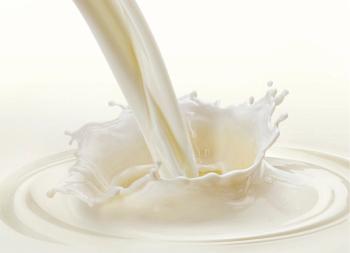
|Slideshows|March 18, 2019
4 major sports drink trends in 2019
Author(s)Mike Straus
Sports drinks consumers are continuing to drive market change through an increased interest in healthier, more natural products.
Advertisement
Newsletter
From ingredient science to consumer trends, get the intel you need to stay competitive in the nutrition space—subscribe now to Nutritional Outlook.
Advertisement
Advertisement
Advertisement
Trending on Nutritional Outlook - Supplement, Food & Beverage Manufacturing Trends
1
How GC Rieber VivoMega is adapting fish and algal omega-3 production to a changing market
2
Gluten labeling under review: GFCO on FDA’s Request for Information
3
The role of B6, B12, and folate in one-carbon metabolism and SAMe synthesis
4
Supporting thyroid health with iron
5


